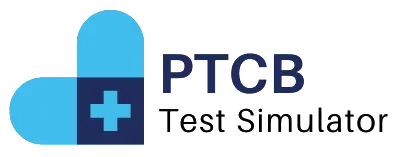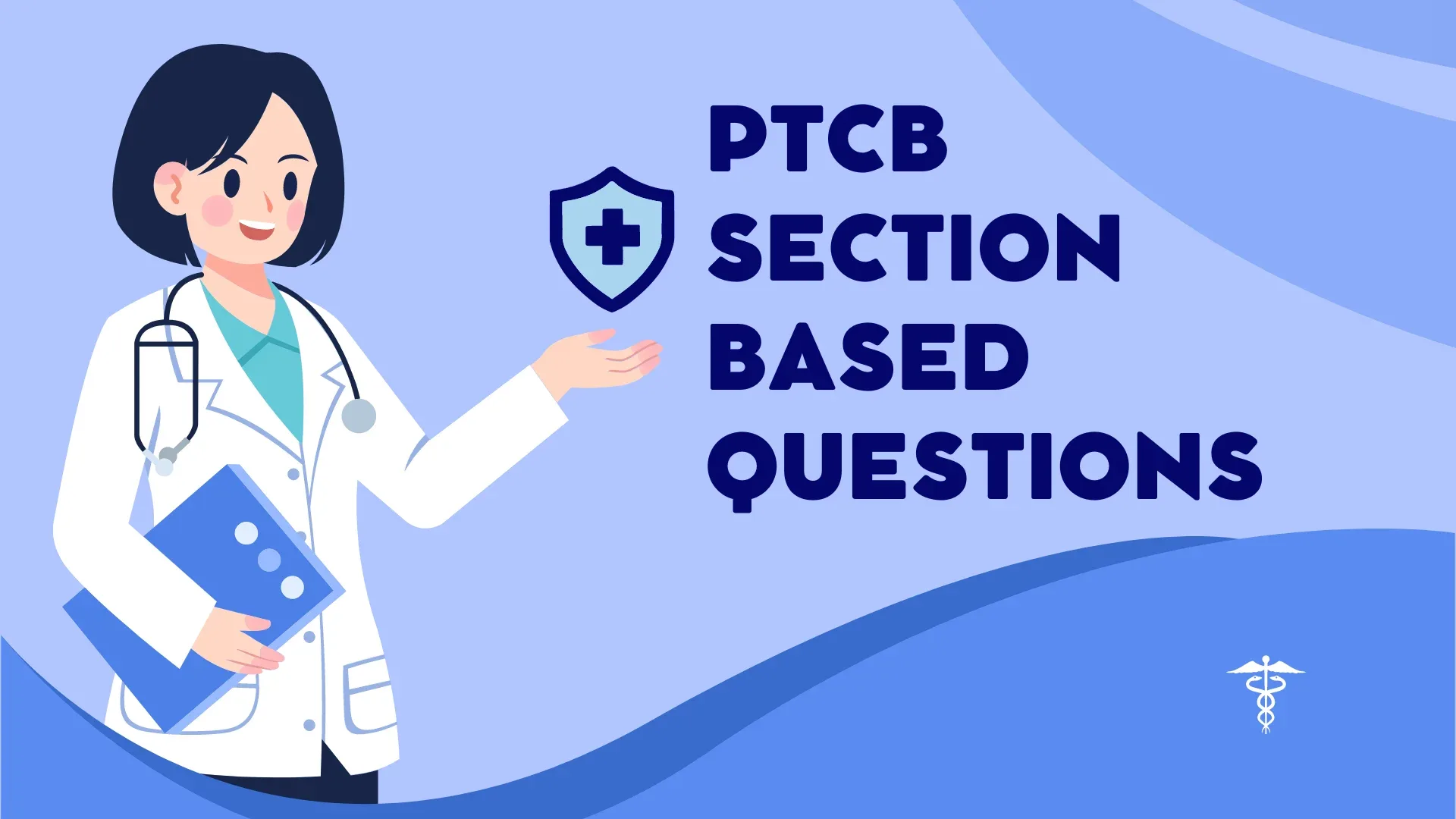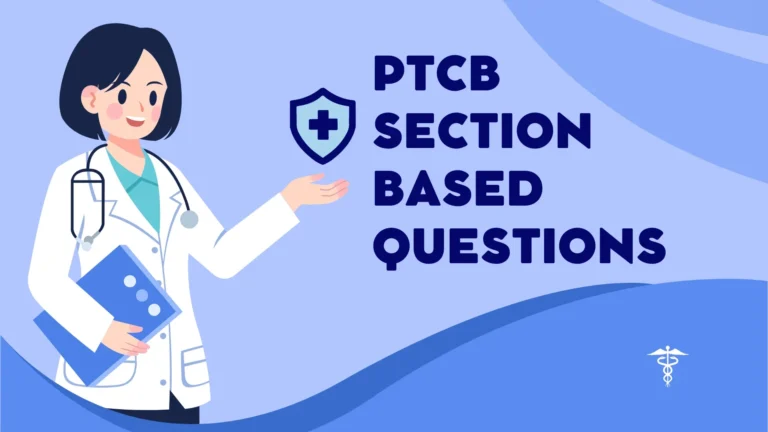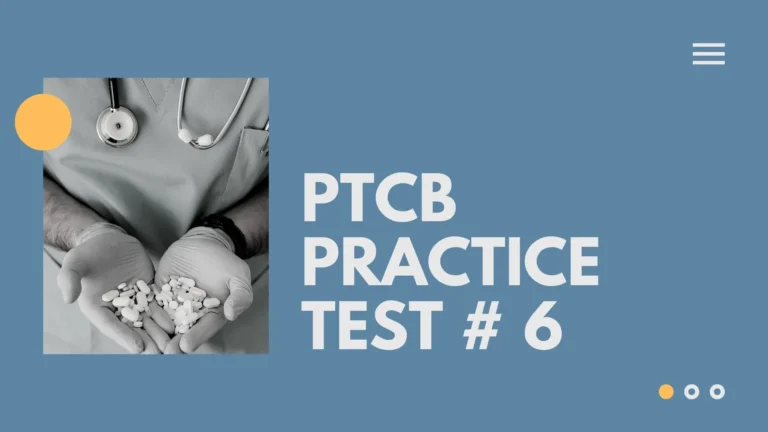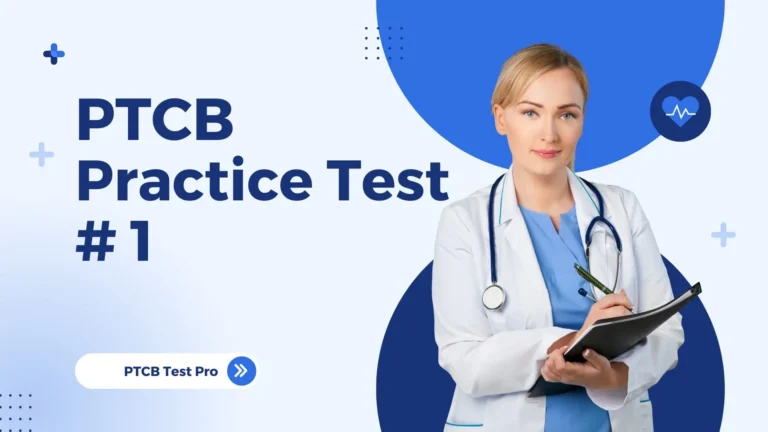Measurement Conversion Quiz
In the realm of pharmacy, accuracy is critical, especially when it comes to measurements and dosage calculations. Pharmacy technicians must be adept at converting between different units of measurement, as this ensures correct medication dispensing and patient safety. The Pharmacy Technician Certification Board (PTCB) exam includes questions that assess a candidate’s ability to perform these conversions. This article offers a Measurement Conversion Quiz, designed as a PTCB free test to help you practice and prepare for the exam. By mastering these conversions, you’ll be well-equipped to excel in the PTCB exam and your pharmacy technician career.
Try More Practice Tests
Importance of Measurement Conversion in Pharmacy
Pharmacy technicians regularly work with various units of measurement, including metric, apothecary, and household systems. Converting between these units is essential when calculating doses, compounding medications, or preparing prescriptions. A solid understanding of measurement conversion helps prevent medication errors and ensures that patients receive the correct dosage.
Key Measurement Units in Pharmacy
Before diving into the quiz, let’s review some common units of measurement used in pharmacy:
- Metric System: This is the most widely used system in pharmacy and includes units like grams (g), milligrams (mg), liters (L), and milliliters (mL).
- Apothecary System: Although less common, this system uses units like grains (gr), minims, and drams.
- Household System: This system is used for patient counseling and includes units like teaspoons (tsp), tablespoons (tbsp), and ounces (oz).
Measurement Conversion Quiz: PTCB Free Test
Here’s a Measurement Conversion Quiz designed to test your knowledge and ability to convert between different units of measurement. Use this PTCB free test to gauge your readiness for the PTCB exam.
Question 1: Metric to Metric Conversion
Convert 250 milligrams (mg) to grams (g). A) 0.025 g B) 0.25 g C) 2.5 g D) 25 g
Answer: B) 0.25 g
Explanation: To convert milligrams to grams, divide by 1,000. Since 1,000 mg equals 1 gram, 250 mg is equivalent to 0.25 g.
Question 2: Metric to Apothecary Conversion
How many grains (gr) are there in 500 milligrams (mg)? A) 5 gr B) 7.7 gr C) 10 gr D) 15 gr
Answer: B) 7.7 gr
Explanation: To convert milligrams to grains, divide by 64.8 (as 1 grain is approximately 64.8 mg). Therefore, 500 mg ÷ 64.8 ≈ 7.7 gr.
Question 3: Household to Metric Conversion
How many milliliters (mL) are there in 2 tablespoons (tbsp)? A) 5 mL B) 10 mL C) 30 mL D) 45 mL
Answer: C) 30 mL
Explanation: A single tablespoon is equivalent to 15 mL. Therefore, 2 tablespoons would be 15 mL × 2 = 30 mL.
Question 4: Metric to Household Conversion
Convert 500 milliliters (mL) to ounces (oz). A) 16.9 oz B) 8 oz C) 12 oz D) 20 oz
Answer: A) 16.9 oz
Explanation: An ounce (fluid ounce) is approximately 29.57 mL. Therefore, to convert milliliters to ounces, divide by 29.57. So, 500 mL ÷ 29.57 ≈ 16.9 oz.
Question 5: Apothecary to Metric Conversion
Convert 10 grains (gr) to milligrams (mg). A) 100 mg B) 648 mg C) 1,000 mg D) 320 mg
Answer: B) 648 mg
Explanation: Since one grain is approximately 64.8 mg, 10 grains would be 64.8 mg × 10 = 648 mg.
Question 6: Metric to Metric Conversion
How many milligrams (mg) are there in 2.5 grams (g)? A) 250 mg B) 2,500 mg C) 25,000 mg D) 250,000 mg
Answer: B) 2,500 mg
Explanation: To convert grams to milligrams, multiply by 1,000. Therefore, 2.5 grams × 1,000 = 2,500 mg.
Question 7: Household to Household Conversion
How many tablespoons are there in 1 cup? A) 8 tbsp B) 16 tbsp C) 4 tbsp D) 12 tbsp
Answer: B) 16 tbsp
Explanation: A cup is equivalent to 16 tablespoons. Knowing these household measurements is useful when counseling patients about medication doses.
Question 8: Metric to Metric Conversion
Convert 1 liter (L) to milliliters (mL). A) 1,000 mL B) 100 mL C) 10,000 mL D) 100,000 mL
Answer: A) 1,000 mL
Explanation: There are 1,000 milliliters in 1 liter. This is a fundamental conversion for pharmacy technicians.
Tips for Measurement Conversion Success
To excel in the PTCB exam’s measurement conversion section, consider these tips:
- Practice Regularly: Regular practice with quizzes and sample questions helps reinforce your conversion skills. This Measurement Conversion Quiz is an excellent way to test your knowledge.
- Create Conversion Charts: Make a chart with common conversions between metric, apothecary, and household units. Keep it handy for quick reference.
- Understand the Relationships: Learn the relationships between different units of measurement. For example, know that 1 gram is equivalent to 1,000 milligrams, and 1 liter is 1,000 milliliters.
- Use Mnemonics: Create mnemonics or memory aids to remember complex conversions. This technique can help you retain information more easily.
- Join Study Groups: Consider joining study groups or online forums to discuss measurement conversions and other topics related to the PTCB exam. This collaborative approach can be beneficial.
- Seek Guidance from Pharmacists: If possible, seek advice from pharmacists or experienced pharmacy technicians to gain insights into real-world measurement conversions and their applications in pharmacy practice.
By following these tips and practicing with the Measurement Conversion Quiz provided in this article, you’ll be well-prepared for the PTCB exam and your future career as a pharmacy technician.
Conclusion
Measurement conversions are a fundamental aspect of pharmacy practice. Pharmacy technicians must be proficient in converting between different units of measurement to ensure accurate medication dispensing and patient safety. This Measurement Conversion Quiz, along with the explanations provided, offers a comprehensive approach to mastering this skill for the PTCB exam. By focusing on these topics and practicing regularly, you’ll increase your chances of success in the Pharmacy Technician Certification Board exam. Good luck with your studies and your journey toward certification!
